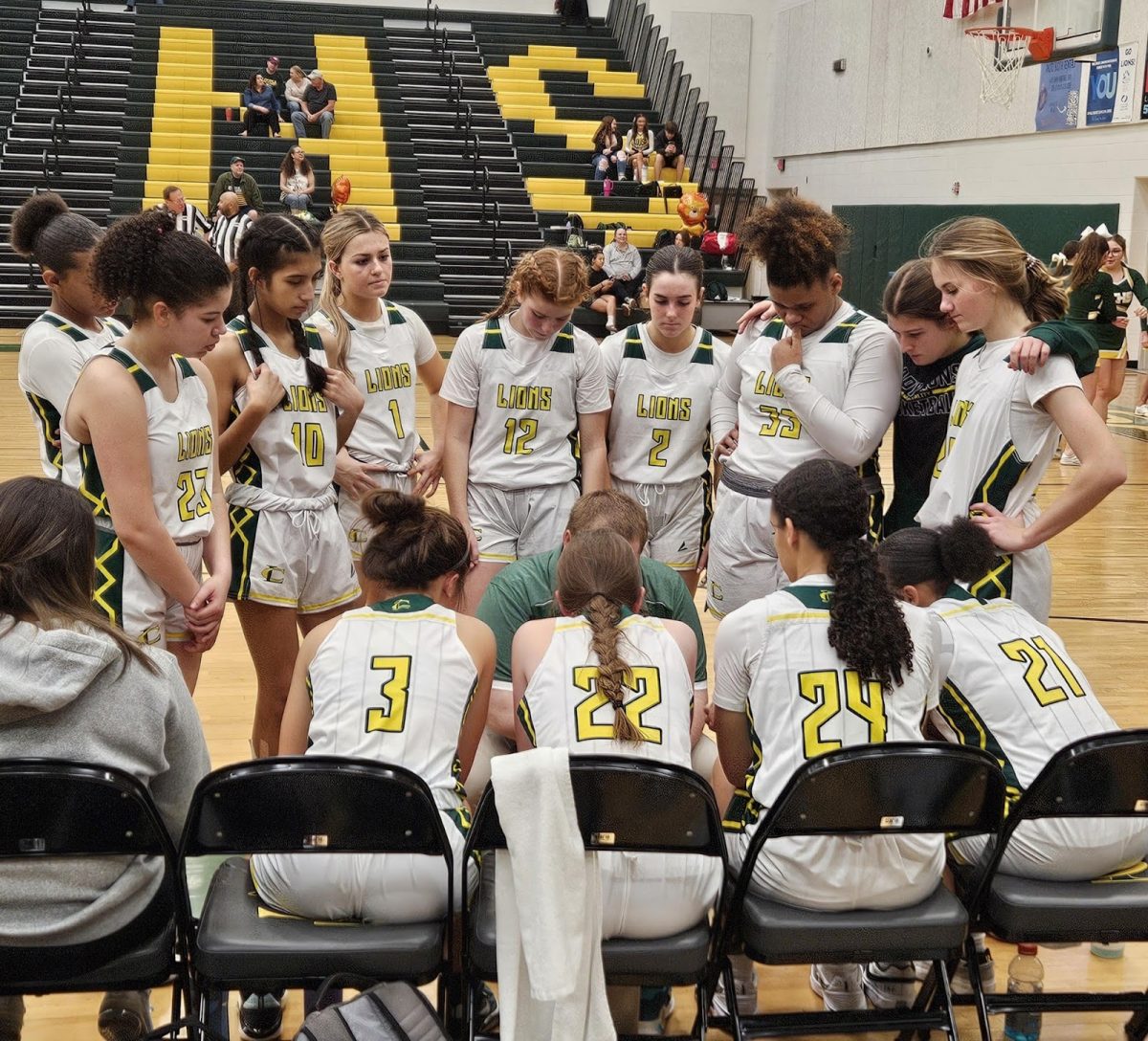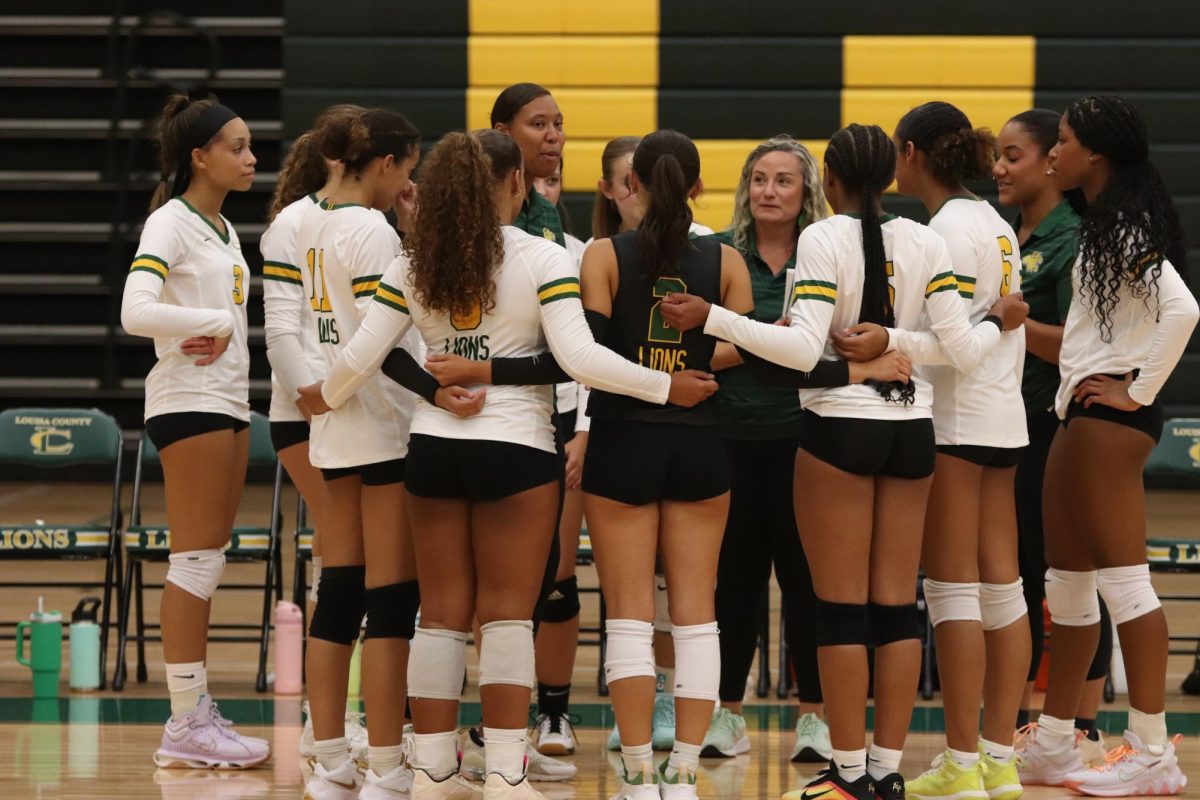
Automotive workers feel they are not getting paid enough, and for that reason they are striking. Their want to negotiate for better pay, more benefits, and 4-day work weeks. According to CNN, they are striking against companies Ford, General Motors, and Stellantis.
According to Fox2Detroit about 25,000 people are in support of this industrial action. While companies are making more money and prices go up, workers continue to be paid the same.
“The strike is a good thing because of inflation,” senior Nikki Chenault said.
In an article on Fox2Detroit, since the beginning of the strike, companies have had an increase in layoffs. Despite the layoffs, and the continuing support of the strike, car company selling rates continue to rise by 21%, as according to CNN. Along with this, the strike has cost companies an estimated 3.95 billion dollars.
“I think it will hurt our economy, not having the United Auto Workers producing vehicles,” economy and personal finance teacher, John Konoza said. “Ultimately, when it’s settled, it’s going to raise the cost of American vehicles to purchase.”
Konoza has 22 years of experience in the car business and has worked side by side with these companies.
“I have problems with the union’s demands, but I understand the negotiation process,” Konoza said.

The action has spread from Detroit, Michigan to Chicago, Illinois and to other parts of the country. With this conflict now influencing other areas, the question is how these companies are going to handle the situation as it continues to unfold.
“Either they will meet in the middle, companies are going to give them what they want, or the company is not,” auto-shop teacher Shane Robertson said.
Furthermore, many automotive shops in Central Virginia could see the effect of this strike.
“A lot of people are going to be unemployed and a lot of parts are not going to be available,” Robertson said.


















































